Menu
Close
CMHA recognizes March as Problem Gambling Month
Mar 1, 2024

March is Problem Gambling Awareness Month, an annual initiative to raise public awareness about the potential harms from gambling through prevention, treatment, referral and recovery services. With the increasing prevalence and access to online gambling – especially with online poker and sports betting – having a better understanding of the signs and symptoms that separate recreational and problem gambling can be helpful to those struggling with gambling, their loved ones and our community as a whole.
Dopamine, a neurotransmitter which is part of our brains’ reward system, is released in large amounts when gambling in much the same way as when using drugs/alcohol. The brain learns which substance/behavior produces that reaction and then seeks it out. Your brain can become dependent on gambling in a similar way it can become dependent on substances; while many people gamble recreationally, for some gambling can become problematic.
People experiencing problem gambling often report:
- Feeling a need to gamble with increasing amounts of money to achieve the desired level of excitement
- Being restless or irritable when attempting to cut down or stop gambling
- Feeling preoccupied with thoughts of gambling
- Gambling when feeling distressed to cope with difficult emotions.
Gambling-related harms often include financial loss, mental health issues, substance use, and suicidal ideation. These factors can result in long-lasting impacts on individuals and their families. Youth are particularly at-risk. Surveys show that Ontario students self-reporting betting money on online gambling increased significantly, from four per cent in 2019 to 15 per cent in 2021.
If you are concerned about gambling for yourself or a loved one, CMHA Thames Valley Addiction and Mental Health Services offers a Problem Gambling and Behavioural Addictions program. This program offers community treatment for individuals concerned with and interested in making changes to their gambling, gaming, internet/technology, shopping, overspending or pornography/sex concerns. The program is designed to improve the health, social outcomes and quality of life of people with problem gambling and behavioural addictions concerns through offering direct client services in the form of individual and group supports for both individuals and their family members. Click here to learn more.
With more than 300,000 Canadians at risk of gambling-related harms, CMHA is recommending a public health approach to regulating iGaming. iGaming encourages continuous gambling by providing access to multiple platforms for gambling, reducing the effectiveness of limit setting features. The number of people gambling online continues to increase, according to the latest report from iGaming Ontario, with 1.2 million active online gambling accounts. In the last three months of 2023, Ontarians wagered $17.2 billion on gambling on casino games, betting, and poker.
To learn more about the risks from gambling, try this quick, anonymous, self-assessment tool. CCSA has created resources for partners and interested parties to promote the Lower-Risk Gambling Guidelines (LRGGs). A gambling and gaming information sheet for post-secondary students can be found here.
Additional Resources
Additional Resources for Problem Gambling:
Problem Gambling: The Issues, The Options
Problem Gambling: A Guide For Parents
Problem Gambling: A Guide For Families


